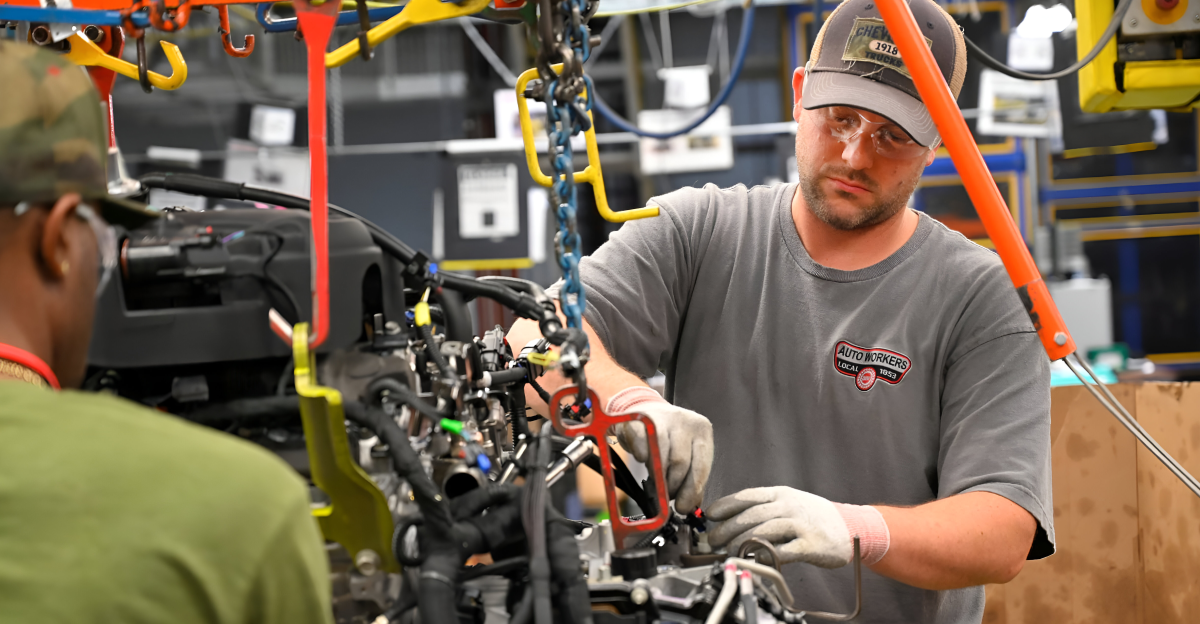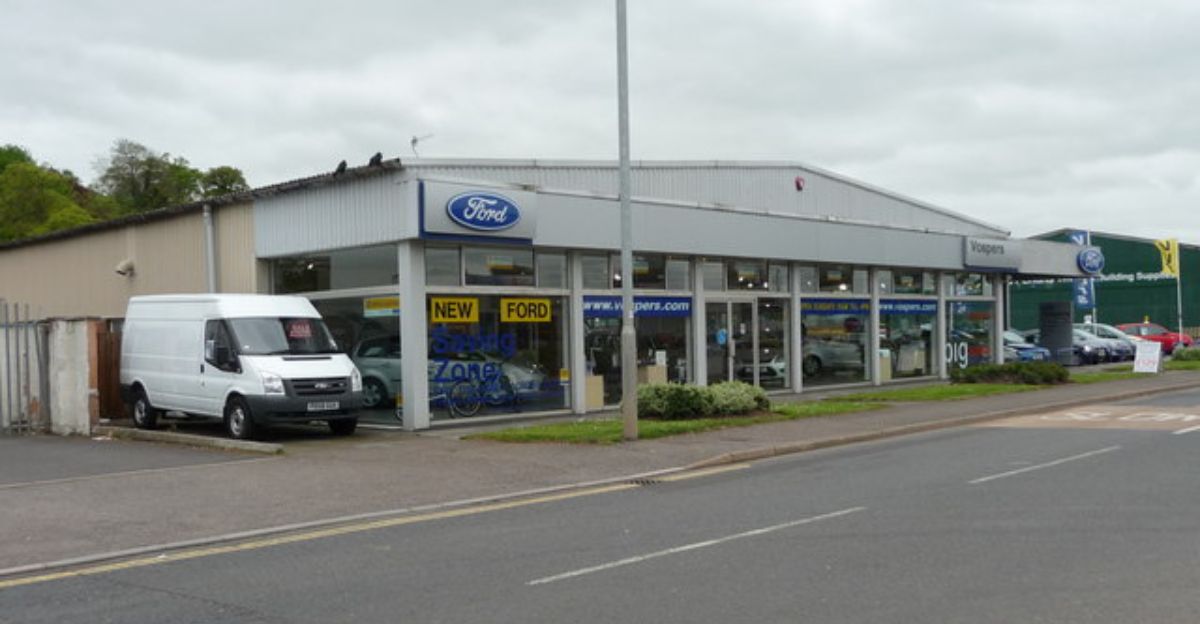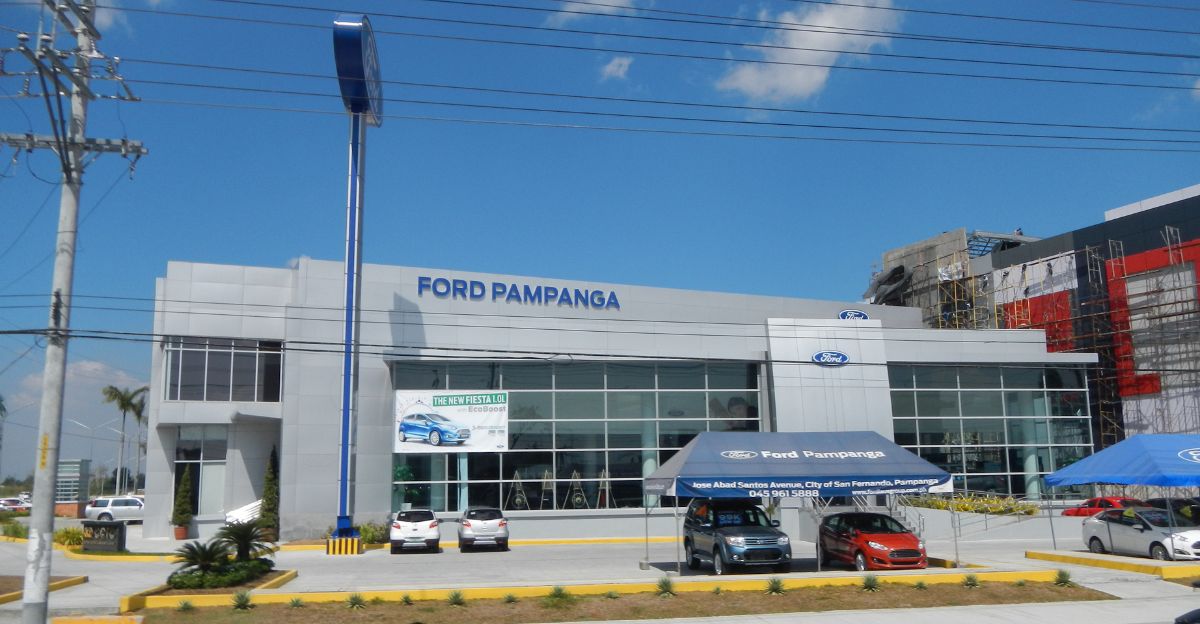
According to The U.S. Sun, Ford has abruptly decided to freeze production at several of its major U.S. manufacturing plants, sending shockwaves through the entire auto industry and beyond. This isn’t just some short-term setback; it points to deeper trouble for workers, car buyers, suppliers, and even the global economy.
With so many production lines coming to a standstill, thousands of jobs are at risk, and the consequences are likely to ripple outward in unexpected ways. What started as a targeted shutdown could soon influence everything from the cost and availability of your next car to international trade flows. Here’s a look at how this single decision could reshape the entire industry.
Earth Mineral Shortage

But why is this happening? According to Ford CEO Jim Farley, a rare earth minerals shortage is to blame. This, along with escalating trade tensions and ongoing supply chain disruptions, has left Ford with little choice but to act. New export restrictions from China, which supplies the majority of these important minerals, have drastically cut supplies.
“We have had to shut down factories. It’s hand-to-mouth right now,” Farley told Bloomberg TV. This situation shows the ongoing fragility of U.S. manufacturing in the face of global supply disruptions and geopolitical uncertainty.
Showroom Shock

Some dealerships are already under pressure as new Ford vehicles become scarce. In the near future, buyers might face longer wait times for popular models and higher prices as inventories dry up.
Some dealers might limit test drives or prioritize high-margin sales. For those hoping to buy a new car this summer, time is running out as the effects of the shutdown hit the showroom floor.
Supplier Squeeze

Ford’s situation is hitting hundreds of parts suppliers, from electronics producers to seat makers. Many small and mid-sized businesses depend on Ford’s orders, and the abrupt pause is putting their finances at risk.
This crisis could lead to layoffs and furloughs throughout the supply chain. The ripple effects could lead to widespread closures and job cuts, amplifying the economic fallout far beyond Ford’s own employees.
Competitor Moves

At the moment, other automakers like GM and Toyota are working to find new sources of rare earth materials, but the shortage is industry-wide. Some competitors are already warning about the risk of their own production cuts or shutdowns.
This situation is accelerating investments in domestic mining and recycling, but those solutions are still years away. For now, the competition for limited resources is heating up, and the entire auto industry is under pressure.
Global Trade Impacts

These pauses are also disrupting global auto exports, particularly to Europe and Asia, as U.S.-built vehicles become harder to source. International buyers are now turning to other countries to meet their automotive demand, shifting market dynamics.
Shipping companies and ports are under pressure, with fewer vehicles now moving through supply chains. This could impact trade balances and change the way U.S. automakers work with their international partners.
Worker Uncertainty

Thousands of Ford workers are now struggling with furloughs, reduced hours, or permanent job losses. The growing uncertainty is creating anxiety among employees and their families, with union leaders warning of long-term job insecurity if the crisis continues.
Many communities that depend on Ford plants for economic stability are preparing themselves for difficult times, as the shutdown affects local businesses, schools, and public services.
Political and Policy Moves

In response to all of these issues, lawmakers are now pushing for urgent action to strengthen domestic supply chains. Current proposals include subsidies for rare earth mining, incentives for recycling, and strategic stockpiles of critical materials.
Congressional hearings are underway, with bipartisan agreement that U.S. manufacturing needs to be more resilient.
Advice

But what can you do now? If you are looking to buy a new Ford, act as soon as possible, before inventories shrink any further and prices shoot up. You could also explore certified pre-owned vehicles or take a look at other brands that are less affected by the shortage.
If you are not in immediate need of a new car, consider waiting until supply chains stabilize.
More Than A Company Crisis

Ford’s decision to halt production at specific plants is more than a company crisis; it shows how interconnected and fragile today’s global economy has become. What began as a factory closure is now affecting dealerships, suppliers, and global trade.
But what is the lesson here? One disruption can lead to far-reaching consequences, affecting jobs, prices, and the choices we all make.